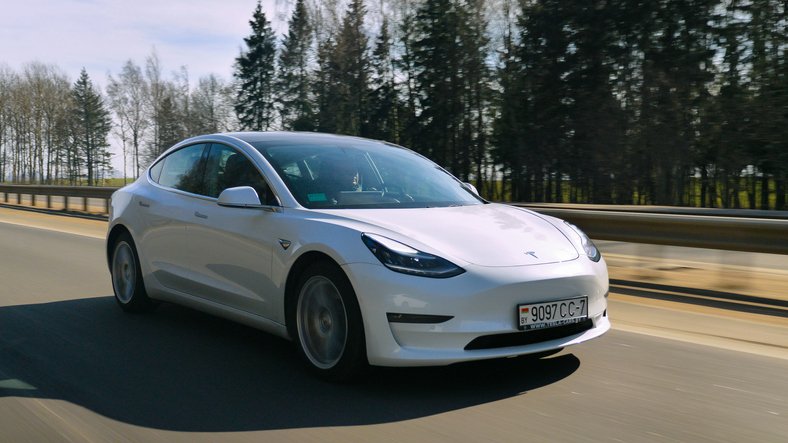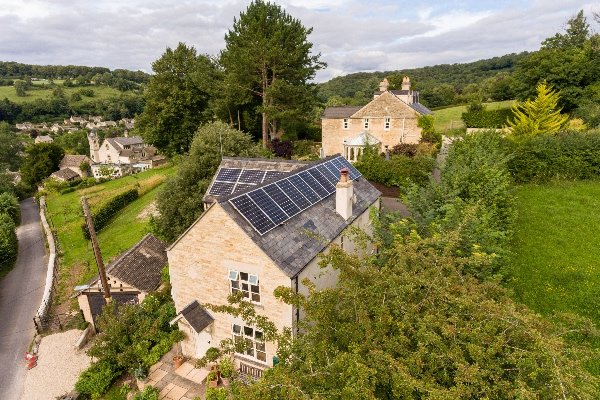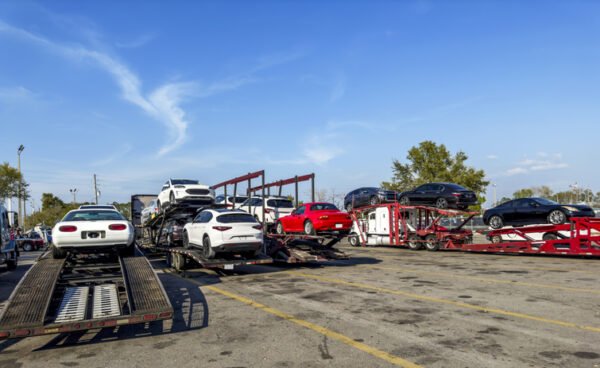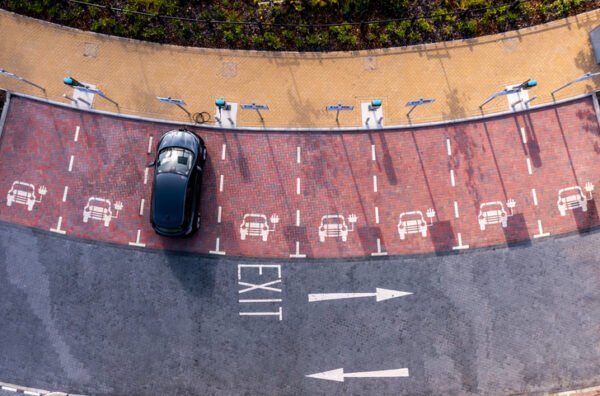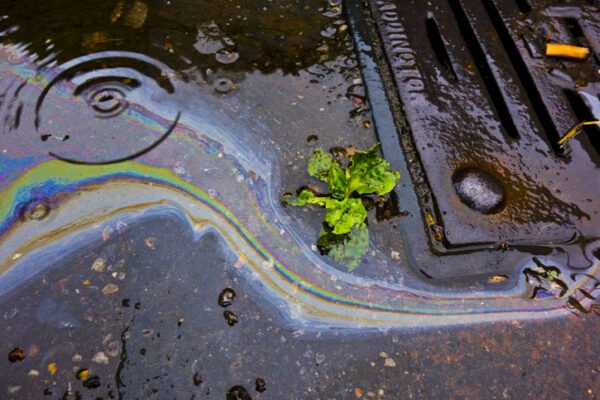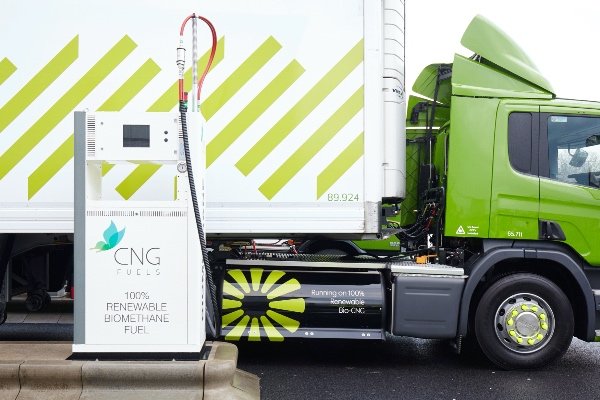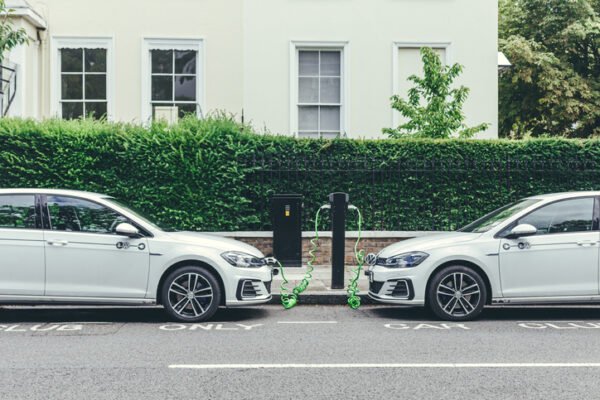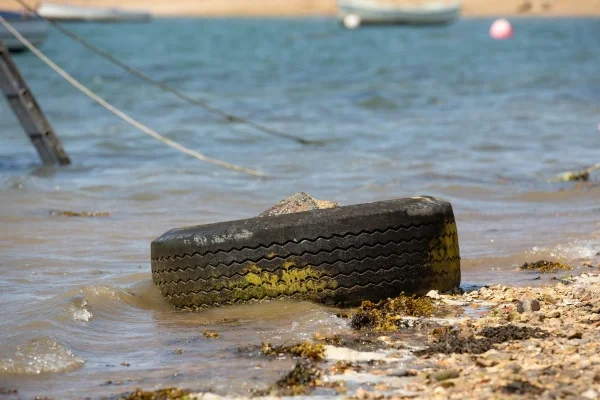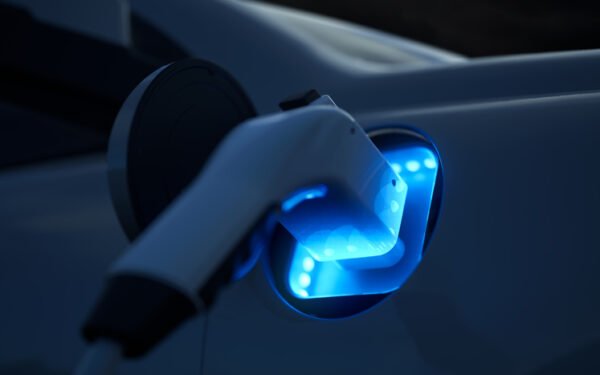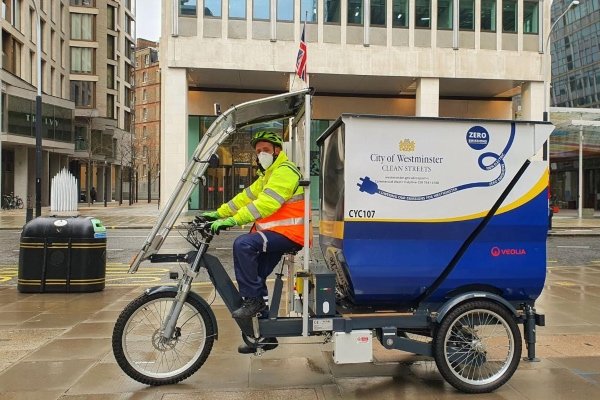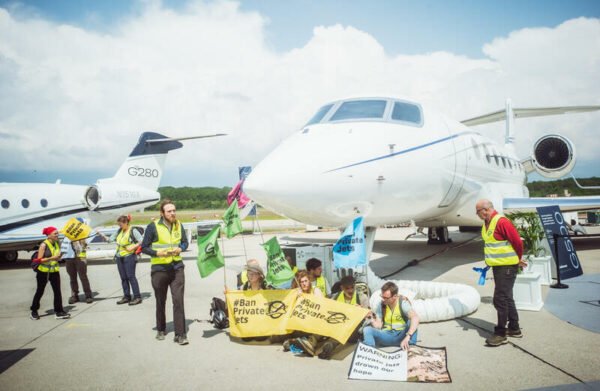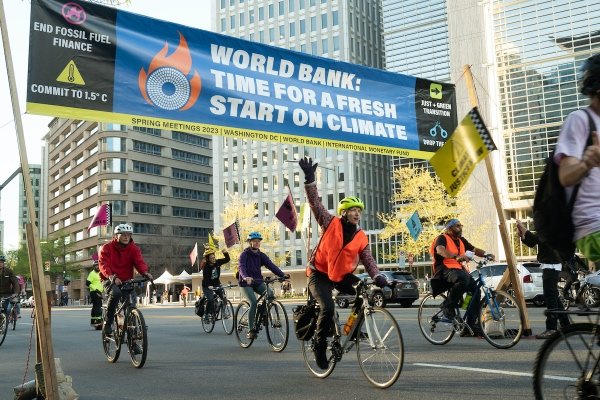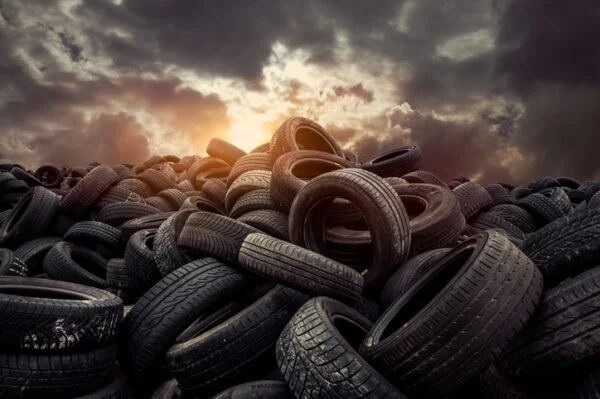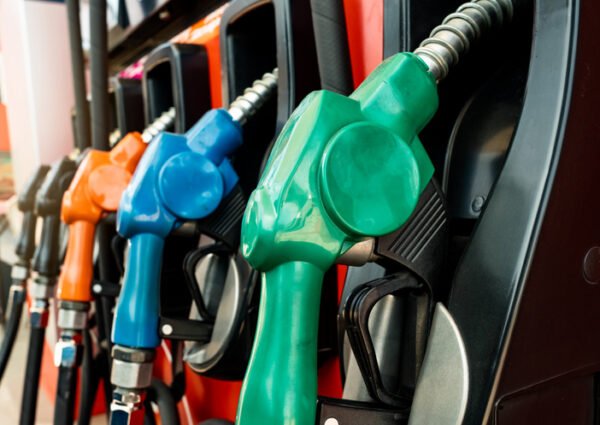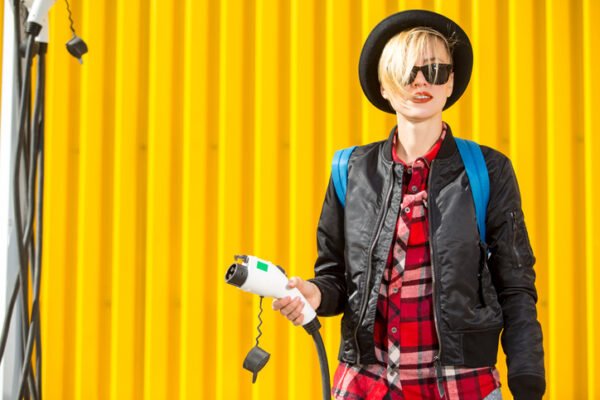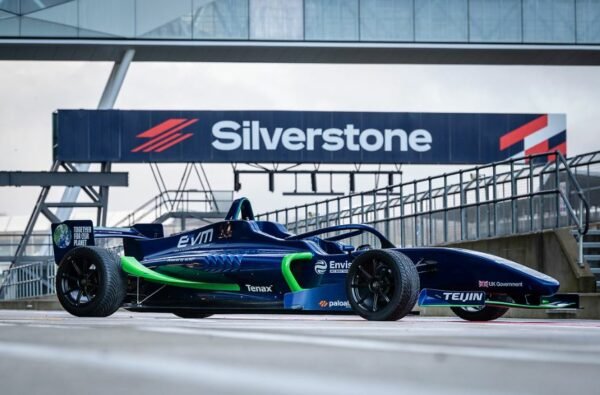This article first appeared in our Earth Day 2022 issue of My Green Pod Magazine, printed on 22 April 2022. Click here to subscribe to our digital edition and get each issue delivered straight to your inbox
From the wreckage of a global pandemic, green shoots are springing up – not least in the field Fully Charged ploughs its trade.
Whether we can slash carbon emissions with the required urgency remains a mystery, but what is clear is that an unstoppable energy revolution has begun.
We can say with some certainty that electric vehicles (EVs) of all breeds are spearheading this once-in-a-century shift, and we are equally confident that wind and solar, aided by energy storage, will be the other big winners.
While the world has scores of unsettling – and often intractable – problems, when it comes to technological advancement there has never been a better time to be alive.
In the energy and transport sectors, it is the electric car that has fast become the poster child of the shift away from combustion.
The future is here
Many times in recent years we have heard commentators ask ‘is this the year of the electric car?’ We will hear this refrain for a little while longer, but I am here to tell you that 2022 definitely is not.
Robert and I often say that ‘the future is here, it’s just not evenly distributed’, and rarely has a saying been more apt.
We enjoy shining a light on countries that are way ahead, opening the window to what’s possible – and often already a reality.
In 2021 we showcased Shenzhen, a city with 22,000 electric taxis and 16,000 buses, and Utrecht, a city being built around bicycles, car sharing and vehicle to grid. When it comes to the electric car, we would of course turn to Oslo.
73.8% of Norway’s new car sales last November were battery electric vehicles (BEVs), and in that respect its ‘year of the electric car’ is most definitely in the rear view mirror.
In fact, Norway broke the totemic 20% mark – where new BEVs become ubiquitous – only five years ago (2017), and has never looked back. Why? Well, the answer is clear. Pure electric cars are better – much better – than what’s been before.
A five-year switch
When electric cars become commonplace it seems as if they are breeding, and in a sense they are.
Positive word of mouth spreads like wildfire, as each singular electric car plants a powerful seed in the minds of the many.
 Play Video about This Rock Might Just Save The World
Play Video about This Rock Might Just Save The World Play Video about Play 2 hours of rock
Play Video about Play 2 hours of rock Play Video about Play 2 hours of brook
Play Video about Play 2 hours of brook Play Video about Play 2 hours of sheep
Play Video about Play 2 hours of sheep

















